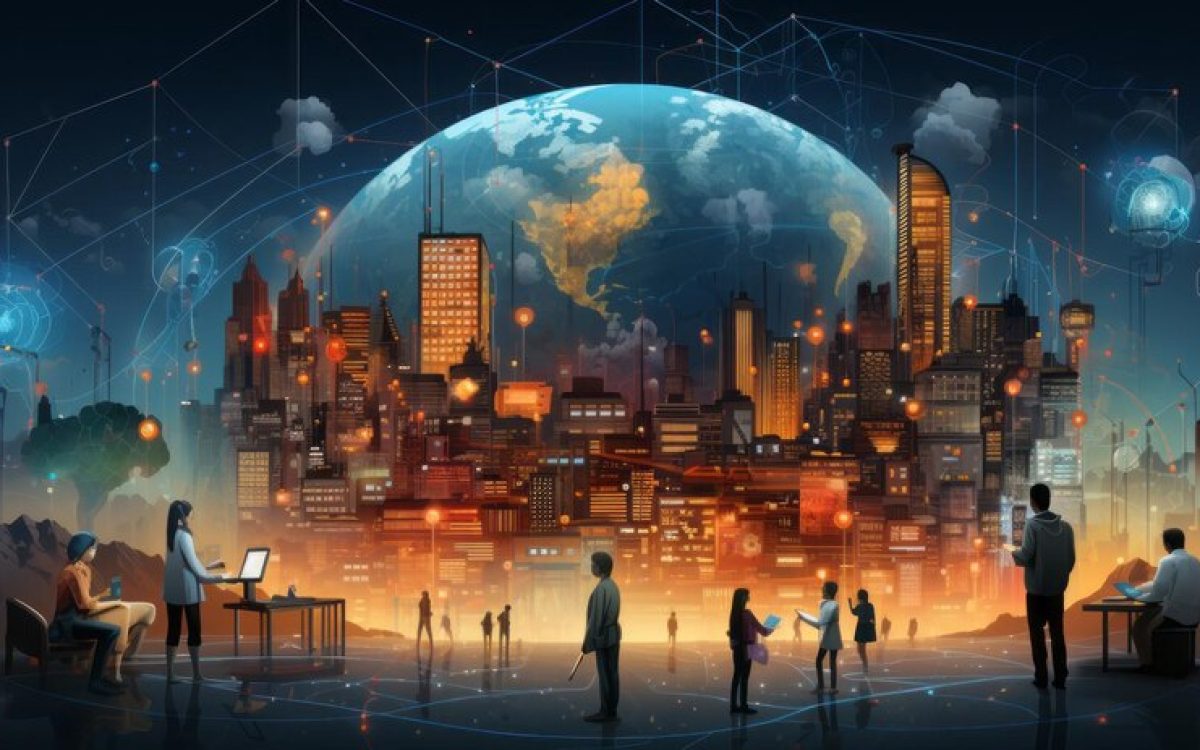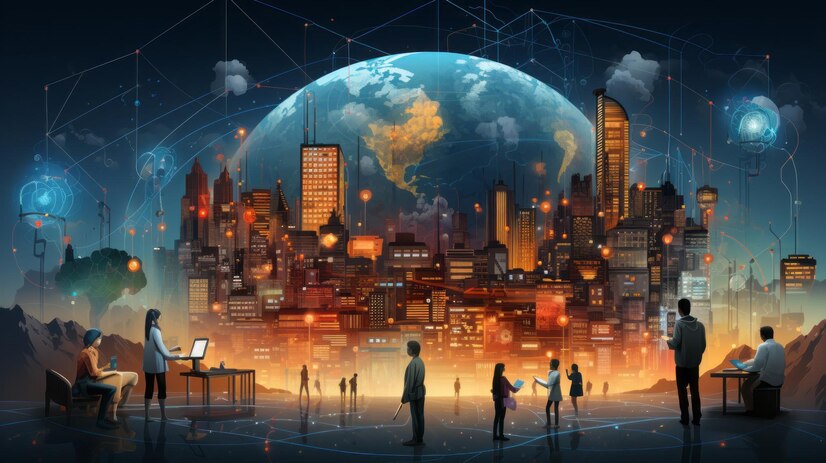In an increasingly interconnected world, the convergence of critical issues demands collective attention and innovative solutions. Three pivotal areas—Climate Change and Environmental Sustainability, Ethics and Technology, and Inequality and Social Justice—stand at the forefront of global discourse, shaping policies, technologies, and societal norms. Here’s a comprehensive exploration of these pressing issues and the efforts underway to address them.

1. Climate Change and Environmental Sustainability
Climate change, driven largely by human activity, poses unprecedented threats to our planet’s ecosystems and human civilization. Scientific consensus underscores the urgency of reducing greenhouse gas emissions and adapting to unavoidable impacts. Recent advancements in climate science have provided clearer insights into the accelerating pace of environmental degradation, from rising global temperatures to more frequent extreme weather events.
Addressing climate change requires a multifaceted approach. International agreements such as the Paris Agreement play a pivotal role in fostering global cooperation and commitment to emission reductions. However, effective implementation demands not only governmental action but also corporate responsibility and individual engagement. Companies are increasingly under pressure to adopt sustainable practices, from reducing carbon footprints to embracing renewable energy solutions. Likewise, individuals are encouraged to make eco-conscious choices in daily life, from reducing waste to supporting environmentally friendly policies.
Innovation in renewable energy technologies offers promising solutions. Advancements in solar, wind, and hydroelectric power contribute to a cleaner energy mix, aiming to mitigate climate impacts while promoting sustainable development. Conservation efforts, including forest preservation and biodiversity conservation, are equally crucial in safeguarding ecosystems essential for planetary health.

2. Ethics and Technology
The rapid evolution of technology, encompassing artificial intelligence, biotechnology, and big data, presents unprecedented ethical challenges. These innovations hold transformative potential across sectors but raise profound questions about privacy, autonomy, and societal equity. As AI systems become increasingly integrated into decision-making processes, concerns about bias and transparency loom large.
Ethical considerations are pivotal in guiding technological development responsibly. Discussions on data privacy underscore the need for robust regulations and ethical frameworks to protect individuals’ rights in an era of pervasive digital surveillance. Moreover, the impact of automation on the future of work necessitates proactive measures to mitigate job displacement and ensure equitable opportunities in the digital economy.
Responsible innovation requires collaboration among policymakers, technologists, and ethicists to anticipate and address ethical dilemmas proactively. Initiatives promoting diversity and inclusion in tech industries are crucial for mitigating biases embedded in algorithms and ensuring equitable access to technological benefits.

3. Inequality and Social Justice
Persistent inequalities based on race, gender, economic status, and access to resources underscore systemic injustices that continue to challenge societies worldwide. Addressing these disparities demands concerted efforts through policy reforms, grassroots movements, and global solidarity.
Social justice initiatives aim to dismantle barriers to equal opportunity and promote inclusive economic growth. Advocacy for equitable education, healthcare, and employment opportunities remains pivotal in bridging socioeconomic gaps and empowering marginalized communities. Moreover, recognizing and rectifying historical injustices, such as reparative justice for indigenous peoples and reparations for slavery, are integral to fostering reconciliation and healing.
Grassroots movements play a transformative role in amplifying marginalized voices and advocating for systemic change. The mobilization around issues like affordable housing, healthcare access, and environmental justice underscores the interconnectedness of social justice and sustainability.
Global solidarity is essential in addressing transnational challenges, from climate migration to global health disparities. Collaborative efforts among nations, civil society organizations, and international institutions are crucial for advancing human rights and fostering a more just and equitable world.
Conclusion
Navigating the complexities of climate change, ethics in technology, and social justice requires holistic approaches that prioritize sustainability, ethical integrity, and social equity. As global citizens, our collective actions and commitments will determine the trajectory of our shared future. By fostering innovation, advocating for justice, and embracing sustainable practices, we can build a more resilient and inclusive world for generations to come.




